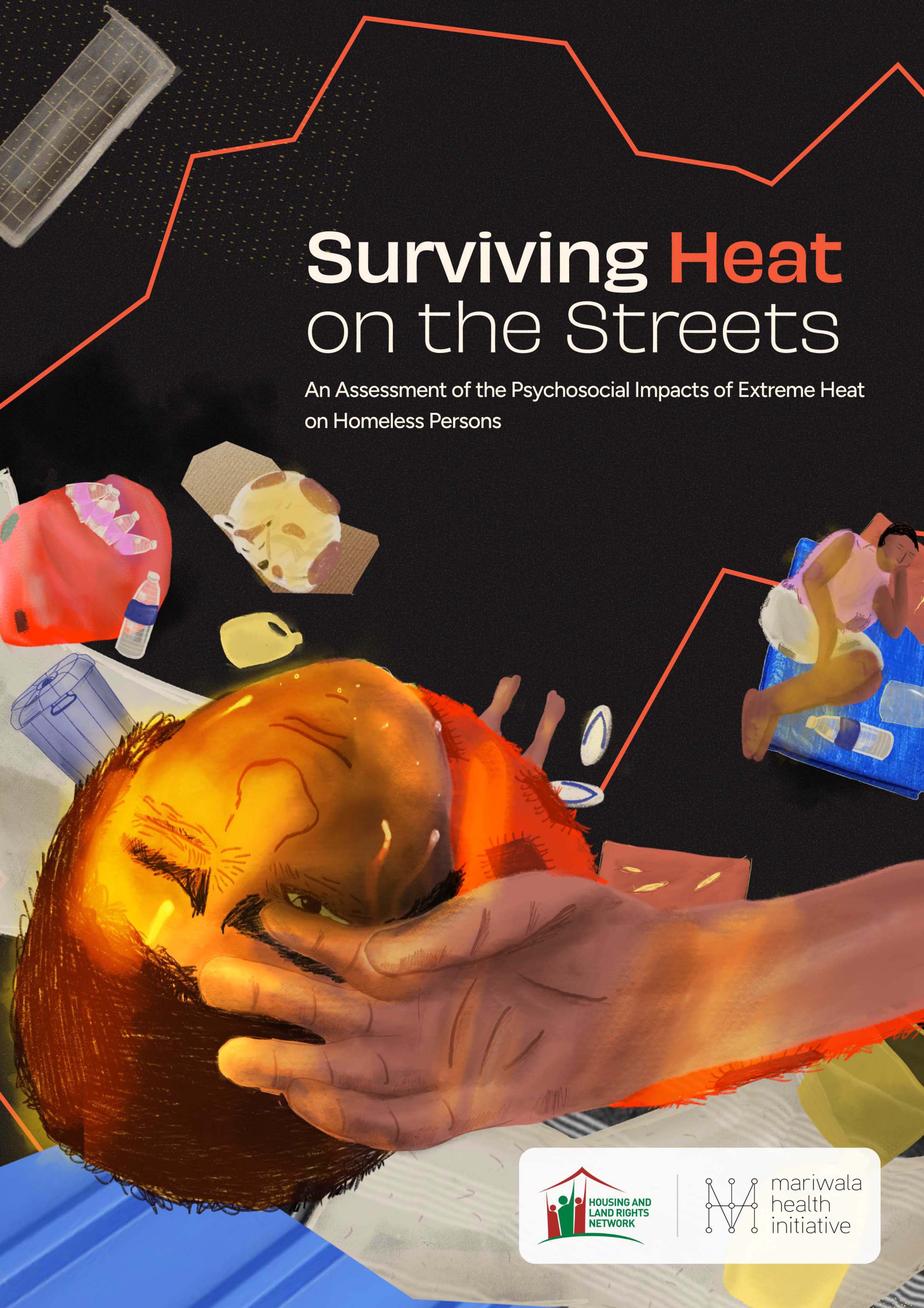
As India’s cities expand and housing becomes increasingly unaffordable, homelessness has deepened into a human rights crisis that intertwines deprivation, mental distress, and exposure to climate extremes. In Delhi alone, more than 300,000 people sleep on streets, under flyovers, or outside places of worship. Rising heat has intensified the psychological and physical suffering of those without shelter, underscoring how homelessness extends far beyond the absence of a roof—it is also a denial of belonging and dignity.
The findings call for urgent, structured action to meet the psychosocial needs of homeless persons through a layered approach:
Ensuring basic necessities like food, shelter, and healthcare
Fostering community support
Expanding access to mental health care
Policy reforms are urged across all levels of government—from integrating mental health into disaster and housing frameworks to implementing “housing first” models and creating climate-resilient shelters—to protect the most vulnerable against rising heat and social exclusion.